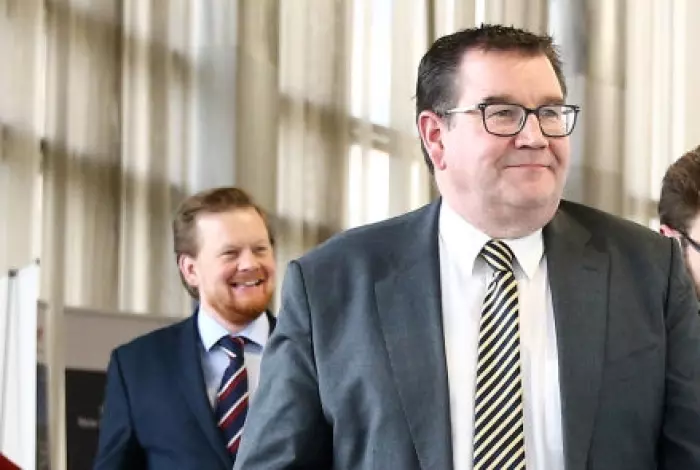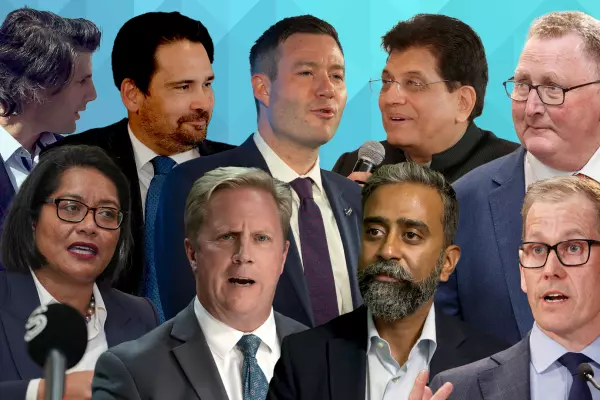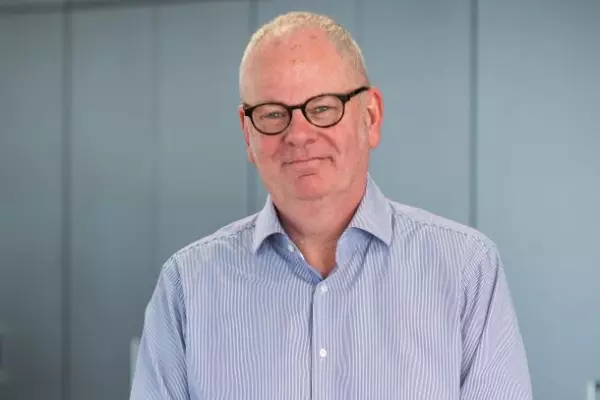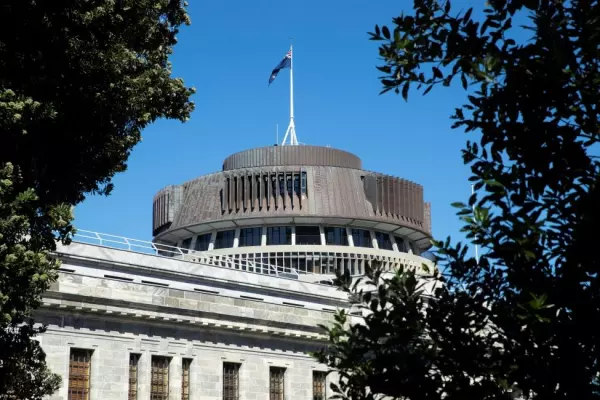Craig Renney had almost no contact with the Treasury before Labour beat the odds and formed a new government in late 2017.
The new cabinet hadn’t moved into the Beehive yet when “the Treasury turned up as a phalanx of officials to provide us with ‘the books’,” he recalls.
Renney was in the meeting as political adviser to the new finance minister, Grant Robertson, but while working for Robertson in opposition he had “vanishing little contact with the public service ...
“I can count on the fingers of one hand the times we had met with Treasury officials or anybody from the public service at all,” he told BusinessDesk.
There were twice-yearly “lock-ups” where, like the news media, the opposition got confidential access to market-sensitive information just before the Budget and half-year financial statements were released.
Also, “we had occasional meetings with the governor of the Reserve Bank, basically just to fill us in,” recalls Renney, an economist who is now policy director at the Council of Trade Unions (NZCTU).
In the past, the main opposition party had a seconded Treasury officer to work with them but, as Renney remembers it, Labour had decided the salary would be too expensive.
“I was paid less than the average Treasury official, so it was me. Muggins. I couldn't access any Treasury modelling. I couldn't talk to the Treasury about the Budget. I couldn't do any of that.”
Now, with the change of government, Renney was swimming in the deep end.
“The role is all-consuming. It eats your entire life. You don't have any other life. You just have that job, and your job is to be the eyes and ears of the minister of finance.
"You go through all of the information that comes across the desk that you have access to – depending on your clearance – and sift all of that. ‘This is important. This isn't important. We've heard this before. We haven't heard this before’…
“You also listen to what else is going on in the world outside of that official advice. What are the banks saying? What are the other financial institutions saying? What's the Reserve Bank saying?” he said.
The loneliness of the arm’s-length adviser
Lots of input – yet political advisers are sometimes on their own.
“You may well get asked by the minister to go away and write a wee note on how we can deliver something or what the policy options are. You have to do that yourself, alone, because what you don't want to do is have a conversation that puts [politically neutral] officials in a funny place.
“You're in the political world, rather than in the officials’ world.”
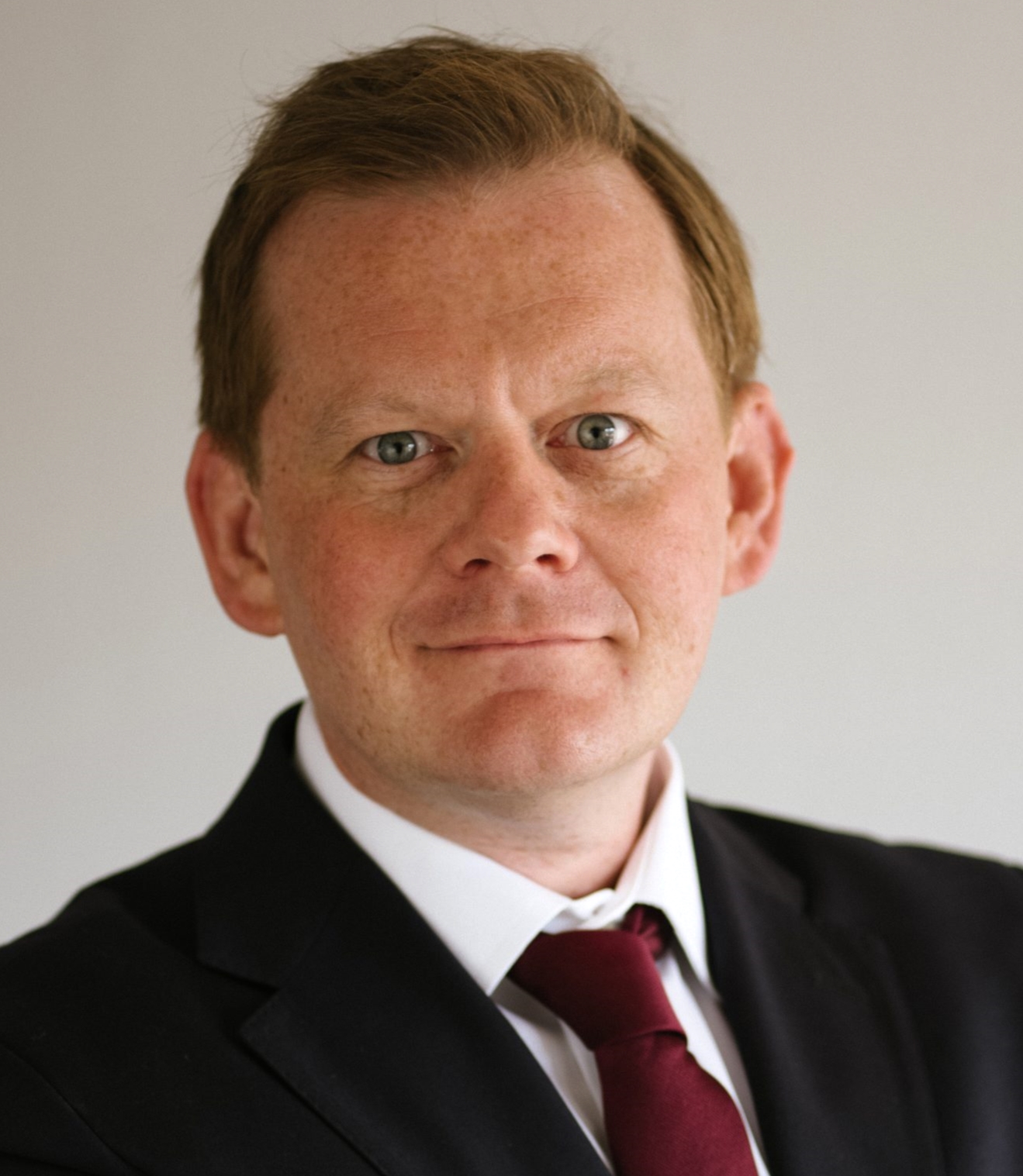 Renney: giving the minister of finance a 360-degree view (Image: NZCTU)
Renney: giving the minister of finance a 360-degree view (Image: NZCTU)What passed for formal training came from Heather Simpson, the vastly experienced Beehive operator who had been Helen Clark’s chief of staff and was now helping Jacinda Ardern set up her government.
“When we first started in 2017, Heather sat us all down and said that our job was to provide the best possible questions for the minister. The job of a political adviser is not to ask questions, it's to arm the minister with questions.
“The more questions and the sharper and the better focused the questions, the more the minister will get out of any session with officials …
“When the Treasury tells you that you should cut taxes or you should restrain spending, your job as the political adviser is to say ‘Great. Is there ever a situation in which they're not going to say that? To what extent is this the bias of the entity, or is another world view possible here?’ ...
“Your job is not to make the decision. Your job is to arm the minister so that they can make the decision. ‘Minister, here is a 360-degree view of that problem.’”
Off-course substitute
There are times when the political adviser stands in for the minister.
“There's only one minister and thousands of people who want to talk to them. They work seven days a week, and they still can't fit in all the meetings that they want to have or be in all the places that they want to be.
“So, ‘give me the question, and I can pass it on to the minister’. Or ‘I can tell you what the minister has told me about what he or she thinks about that’.”
Sometimes the political adviser stands in for the boss at policy meetings with officials when the minister can’t be in two places at once.
“The flip side of that is that because they’re not speaking to the minister, you're creating a tier between officials and the minister. That’s a communications challenge because now you've got Chinese whispers.”
The political adviser has free access to other Beehive offices to sort things out “in a way that doesn't have to involve lots of meetings and going through a giant process. We can get a really quick answer for something.”
Renney says he wasn't tempted to commit the cardinal sin of blocking Treasury advice or reaching into the department to influence advice as it was being formulated.
“Perhaps I was very fortunate in working for the minister of finance, in that the Treasury is pretty incorruptible about its free and frank advice. It's going to provide that advice to the minister regardless.
“If I had tried to position myself between the minister of finance and advice, that would have been an incredibly foolish thing to do. The Treasury would just have provided it anyway, and there would be an OIA [Official Information Act] trail of me trying to insert myself …
“The minister of finance that I worked with – I can't speak for others – but certainly Grant is smart enough to be able to hear more than one opinion. If my opinion is different to the Treasury’s, which it was on many things, that's fine.
“Grant needs to hear both sides of that conversation.”
Party carefully
Renney was and is a member of the Labour party. How important is the “political” part of the political adviser’s role?
“I did not need to explain to Grant Robertson how political processes worked or how to be a politician. Grant is a politician to his bones. He needed advice on what would be the economic implications of a thing, what are the long-term spending consequences of the thing.
“I could have offered my opinion on what is the most politically sensible thing to do, but Grant was already light years ahead of me on that – all ministers are.
“If I told him that something is in alignment with the manifesto, Grant would probably just look at me slightly sideways and say, ‘I know what's in the manifesto’.”
It’s tricky for the political adviser who spends the weekend at a party conference assisting the minister. Public Service Commission guidelines say “they must do this outside paid work hours and must not use official resources for political party activity. Particular care should be exercised when using email and accessing electronic records and the internet.”
Reflected glory
Political advisers and most Beehive press secretaries have “a really weird employment contract which says that you exist at the minister's pleasure,” Renney says. It’s an example of the precarious employment NZCTU frowns on: advisers lose their jobs without warning if the minister loses their job, and they might be laid off even if the minister simply changes portfolios.
This arrangement helps keep the political adviser humble, Renney says.
“A bad ministerial adviser tries to become the minister. That’s always a problem because there's only one of you who's been elected.
“You're like moonlight. Moonlight is just reflected sunlight. I only existed because the minister gave me authority to exist.”
Do you know something we should know? Email BusinessDesk's public sector investigation team: [email protected]


